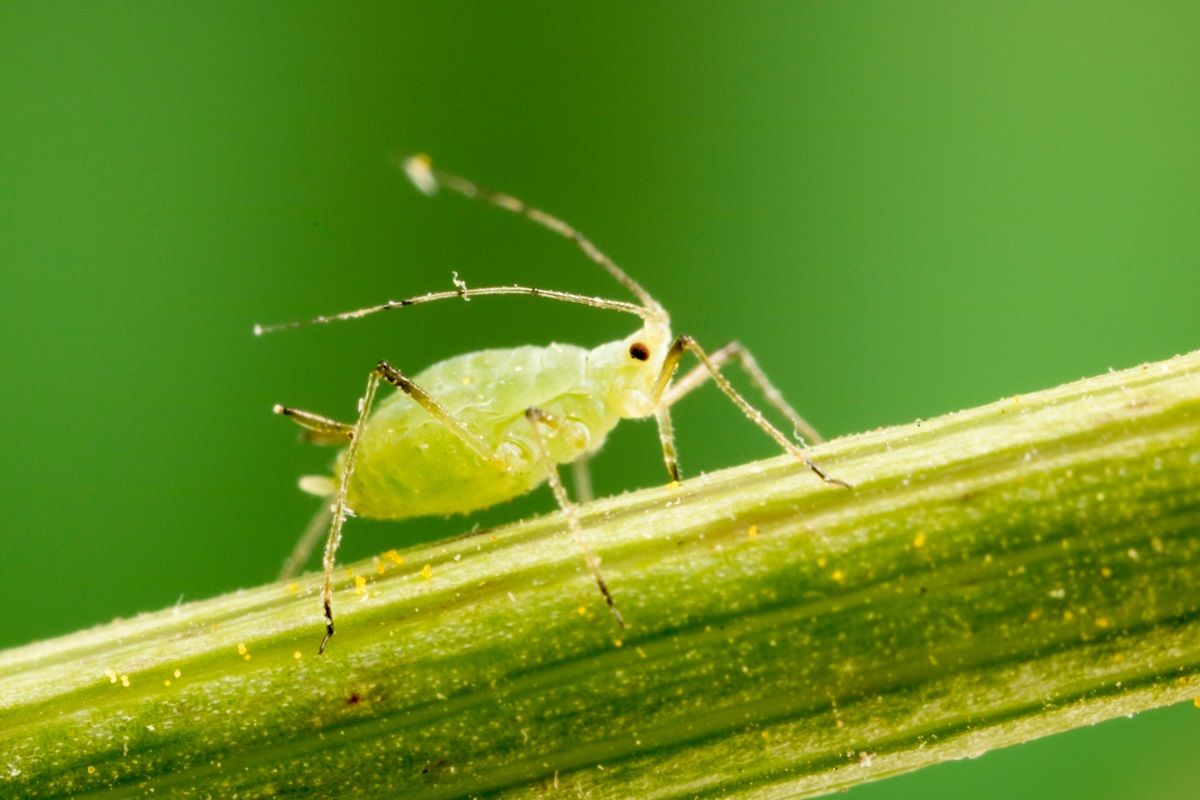Y: So, Don, did you know that food webs are affected by even the smallest changes at the bottom of the chain?
D: Uh, yes. Sure, Yaël.
Y: Do you have any idea what I'm talking about?
D: Uhm . . . no.
Y: OK. Another term for food web is food chain--insects eat plants, birds eat insects, bigger birds eat smaller birds, even bigger animals eat large birds, and so on. With me so far?
D: Yep.
Y: Good. Now, scientists have understood for a long time that everything on a food web is interconnected. But one study actually demonstrates that changing even one element at the bottom of a food chain can have far-reaching consequences.
For example, researchers in the Netherlands and in England studied aphids--tiny insects that are eaten by lots of other insects. In a field experiment, the scientists compared a group of aphids that lived on Brussels sprouts to a group that lived on cabbage. Because sprouts aren't as nutritious for aphids as cabbage, the sprout-eating aphids were smaller and there were fewer of them.
D: And I bet that the bigger cabbage-eating aphids attracted more and larger predators like wasps and other insects.
Y: Exactly. And the sprout-eating aphids attracted fewer predators. So if aphids are thriving, that means wasps and other insects are thriving, which in turn means that there's a greater diversity of other animals filling out the other parts of the web. But something as small as a change in a single plant can affect not only the food chain but wider ecological issues like pest control.
D: This moment of science comes from Indiana University.
Y: Today's program was prepared by Jeremy Shere with help from Frank Van Veen at the Imperial College, London. There are hundreds more moments of science at our website at amomentofscience.org. I'm Yaël Ksander.
D: And I'm Don Glass.










